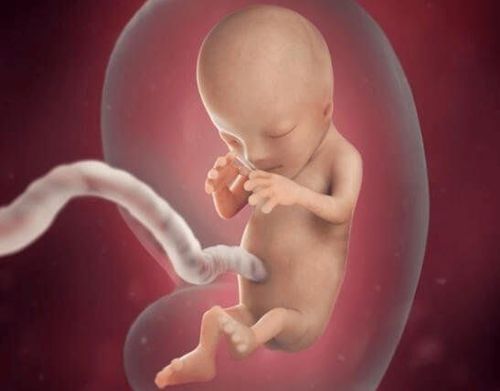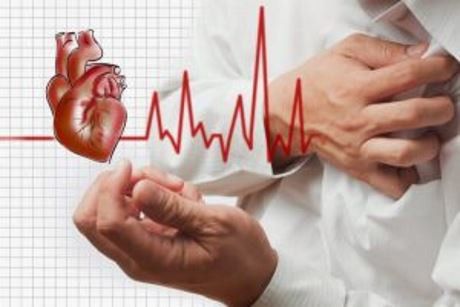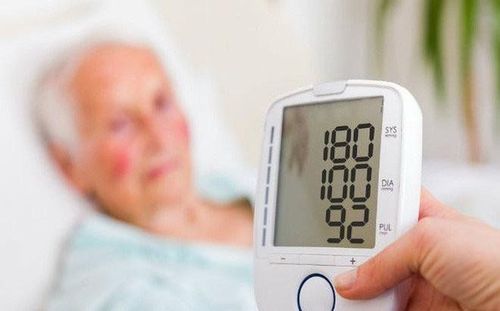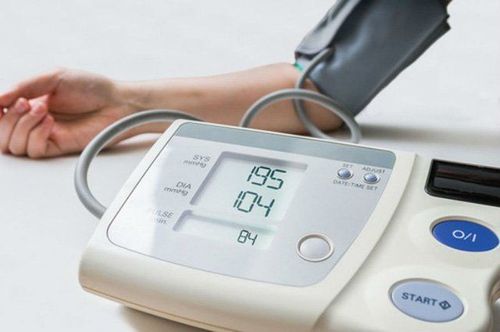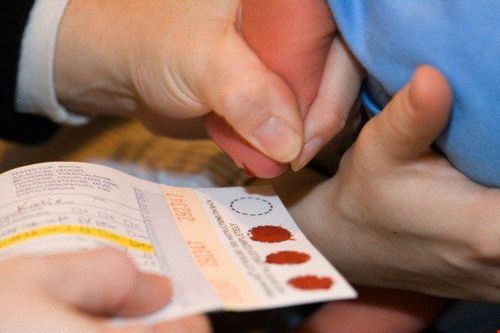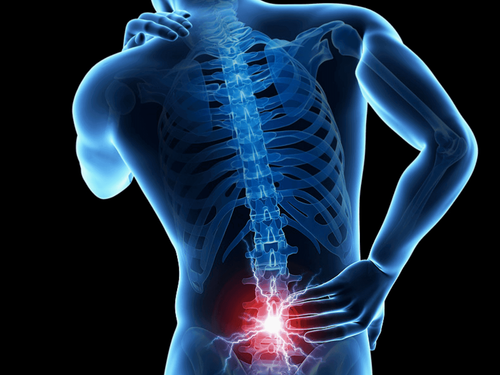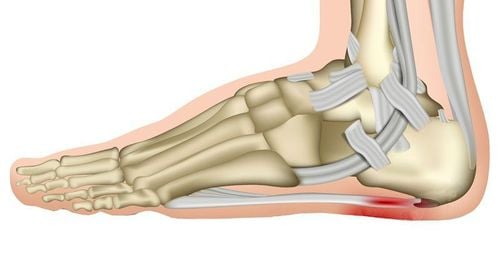Nội dung bạn đang tìm kiếm không có phiên bản tiếng Việt.
Vui lòng chọn tiếp tục để xem nội dung tiếng Anh hoặc đi đến trang chủ Tiếng Việt.
Rất xin lỗi về sự bất tiện này.

Home
Tag Treatment of acute lymphoblastic leukemia
Articles in Treatment of acute lymphoblastic leukemia
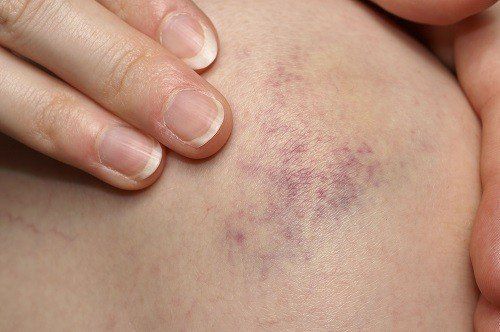
Clinical and laboratory manifestations of acute lymphoblastic leukemia
Clinical and laboratory manifestations of acute lymphoblastic leukemia are variable. Sometimes symptoms can be insidious or acute. Therefore, when seeing abnormal signs, patients need to go to medical facilities for examination and treatment.
Xem thêm

Treatment of acute lymphoblastic leukemia (Acute Lymphoma)
Lymphocytic leukemia is a dangerous disease, the treatment is still difficult at present. Optimal patient management requires careful attention to supportive care including direct treatment or prevention of infectious/metabolic complications and administration of irradiated blood products.
Xem thêm

Overview of acute lymphoblastic leukemia
Acute lymphoblastic leukemia (ALL) is a malignant proliferative disease resulting from the accumulation of multistep mutations from a single lymphoid progenitor cell at one of several different developmental stages. Let's learn more about this disease in the article below.
Xem thêm

Diagnosis of acute lymphoblastic leukemia
In acute lymphoblastic leukemia, marrow examination is recommended for the diagnosis of this disease because approximately 10% of patients do not have circulating blasts at the time of diagnosis and the high density of myeloid cells favors the study. save genes.
Xem thêm

Mechanism of pathogenesis of acute lymphoblastic leukemia
Initiation and progression of acute lymphoblastic leukemia (ALL) result from successful mutations that induce alterations in cellular function, including increased self-renewal capacity, escape from normal proliferative control, Stops differentiation and increases resistance to cell death signaling (apoptosis). Disorders related to DNA repair may play an important role. Environmental factors such as ionizing radiation and carcinogenic chemicals are clearly associated with some patients with ALL. In most cases, however, no causative factor is evident. According to resonance theory, the process of leukaemia reflects the interaction between individual susceptibility and environmental factors.
Xem thêm




